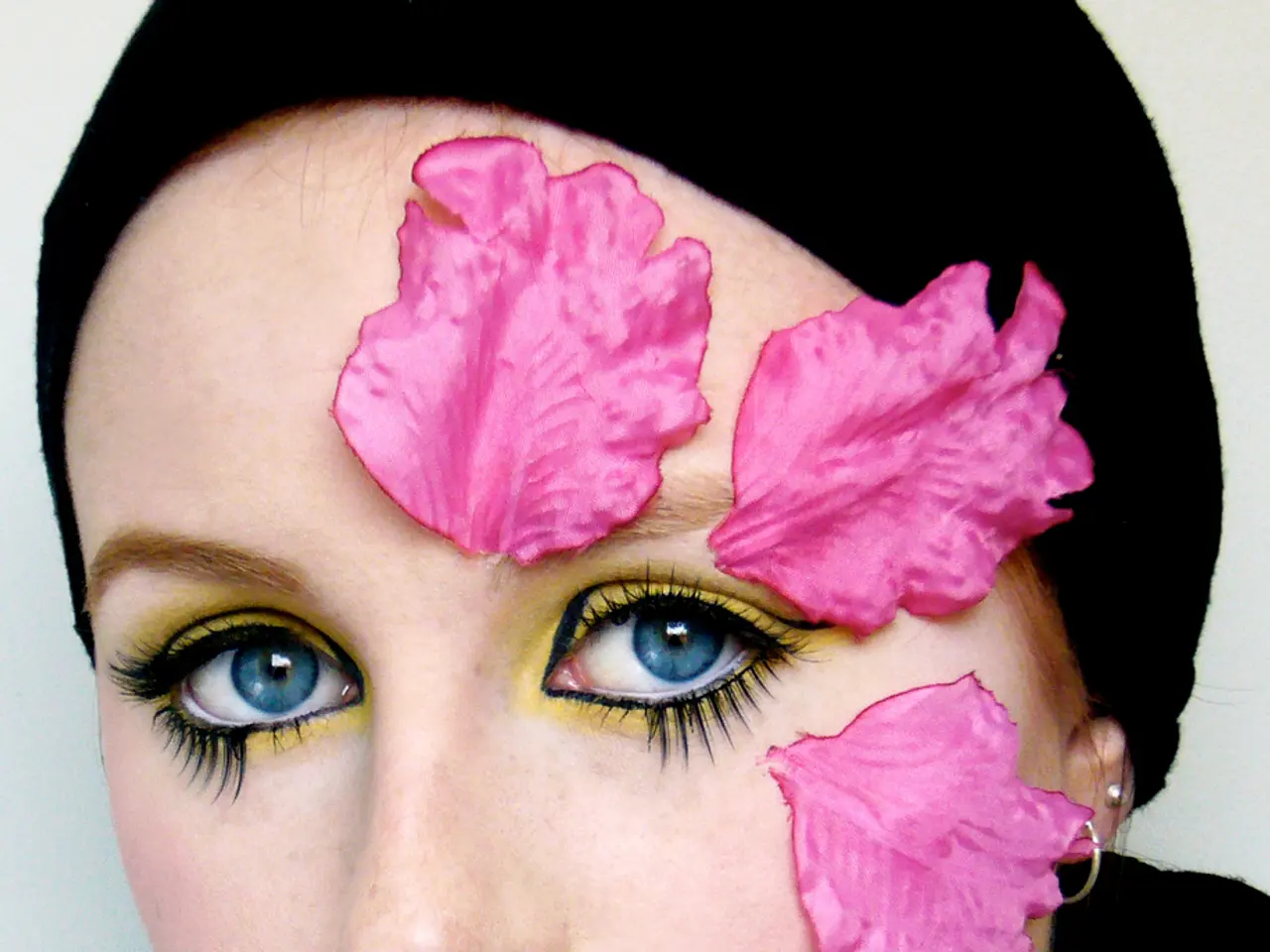Thinness became favored once again, pushing body positivity to the sidelines, following the rise of Ozempic.
In the realm of beauty standards, millennial women find themselves navigating a constantly shifting landscape that demands a meticulous, 24/7 commitment to body maintenance. This trend is reflected in the increasing use of GLP-1 weight-loss drugs like Ozempic and Wegovy, which are now becoming part of the beauty regimen for many women.
The emphasis on body aesthetics, driven by these emerging tools, is part of a broader cultural shift. Millennial women are not just conforming to societal standards; they are using fashion and beauty as tools for confidence and agency, blending individualism with prevailing expectations.
This constant management of appearance extends even to non-active moments, such as resting states. The intense pressure and scrutiny faced by millennial women regarding their bodies are evident in this relentless pursuit of ideal appearance.
However, this shift towards a leaner, sculpted ideal is not a new phenomenon. Beauty standards have always been tied to status and wealth, and this remains the case today. The cultural pressure for thinness has haunted millennial women since their girlhood, with extreme thinness being the standard in the late teens of the millennium.
The rise of GLP-1 weight-loss drugs has contributed to the normalization of medically aided weight loss, influencing expectations around body image and weight control. While body positivity was promoted, personal hyper-consciousness about weight persisted among editors. The availability and use of these drugs in countries like Ireland, where they cost around €220 a month, have become part of the tools shaping contemporary beauty expectations for millennial women.
Despite the widespread use of these drugs, no direct large-scale studies have analysed their impact on beauty standards specifically. However, the cultural commentary from 2025 viewpoints suggests that these drugs are playing a significant role in shaping contemporary beauty expectations.
The struggle to see value in oneself regardless of external messaging remains a challenge, particularly in a world where distance from the beauty standard means relative disadvantage. It is crucial to acknowledge and challenge these beauty standards, understanding the mechanisms by which they change to promote a more inclusive and body-positive society.
Women are increasingly turning to GLP-1 weight-loss drugs like Ozempic and Wegovy as part of their health-and-wellness routine, marking a fusion of science and fashion-and-beauty. This trend reflects the broader shift in millennial women's mental-health approach, where they use lifestyle choices, including beauty and fashion, as means to bolster their confidence and assert agency. In contrast, the struggle for self-acceptance and the challenge to disregard external beauty norms persist, calling for an emphasis on women's health, including bodily autonomy, and promoting a body-positive and inclusive lifestyle.




